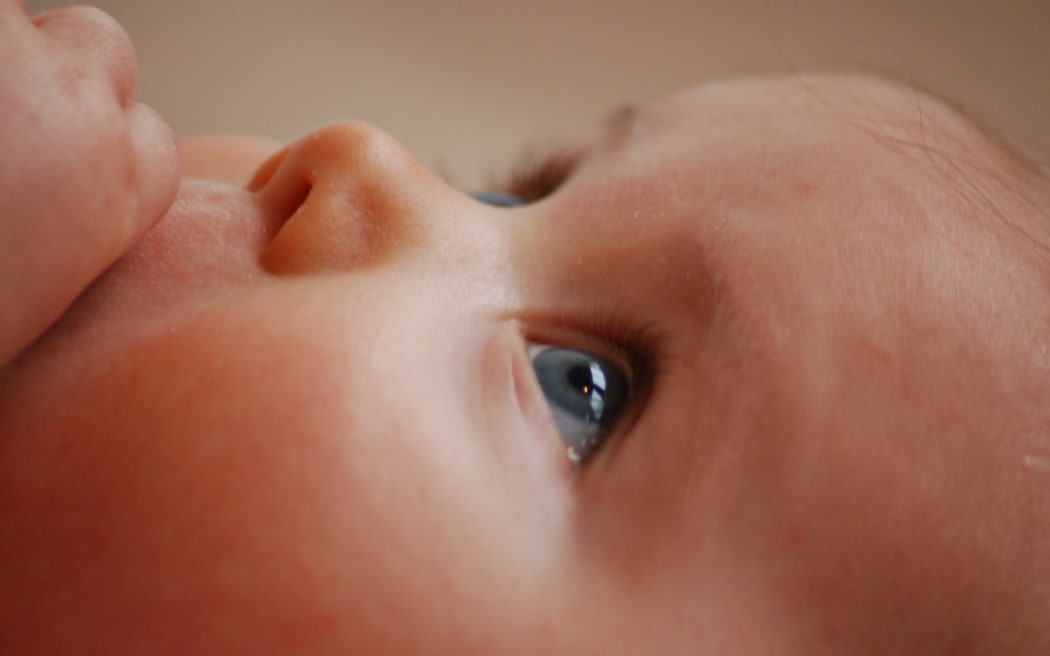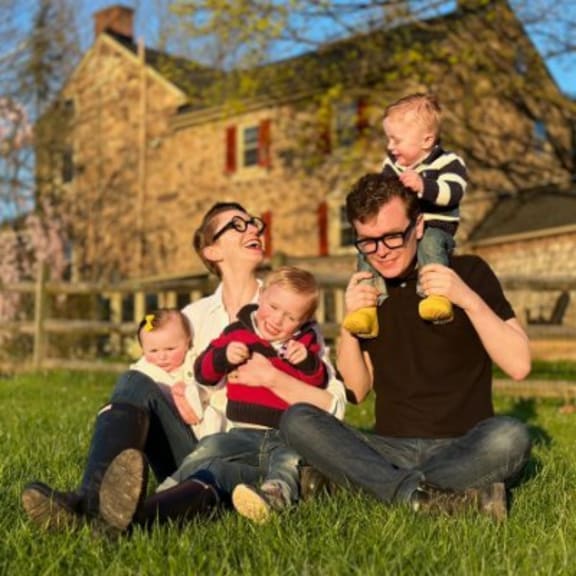We need more babies to save humanity from demographic collapse, two US pronatalists say.
Today, close to half of the world’s population lives in a country where lifetime fertility rates are below replacement levels – with New Zealand’s fertility rate declining by about 25 percent per decade.

Photo: Pexels
Simone and Malcolm Collins are co-founders of a nonprofit initiative pronatalist.org, podcasters, and authors – who say the situation is one of "demographic catastrophe.”
The world’s population continuing to increase masks long term trends, Malcolm says.
“Typically, the rate of fertility collapses is correlatory with how much wealth a country has or a family has you see this across countries and within countries
“To give you an idea of how bad things are in South Korea right now, even if the fertility rate does not continue to collapse, at their current fertility rate, which is like 0.78, for every 100 South Koreans, there's going to be about six great grandchildren.”
An economy cannot survive a 94 percent population collapse, he says.
“I think a lot of people haven't really projected this type of stuff out into the future.”
New Zealand’s fertility rate is an example, he says.
"It has dropped from 2.17 in 2010 to 1.61 in 2020, that's a fertility collapse of about 25.8 percent per decade.
“If you project that forward and assume one generation every 30 years, for every 100 New Zealanders, that means you'll have about 33 children, 4.4 grandchildren, and 0.24 great grandchildren.”
If we do not intervene, a hard demographic landing follows, Simone says,
“A sudden and unprepared for drop in population can undermine city infrastructure, pension funds, the economy and government stability.”
Also, a loss of cultural diversity could ensue, they say.
“We are really concerned about the disappearance of low fertility rate cultures which bring unique perspectives to the table, such as South Koreans, but also Native Americans, a lot of these groups are just really going to disappear. And we think that that's really sad, though it is also tractable,” Simone says.

Photo: X
The pro-natalist movement is not about coercing or encouraging people to have children or to have more than they want, she says.
“When you actually look at long term trends and what really addresses demographic collapse, or what props up birth rates. It's not families that have one or two children, it's families that have five, six or seven children.
“So really what the pronatalist movement is about is about empowering and equipping parents who want to have a lot of kids or parents who want to have more kids to do so, not to shame people into having kids or force people into having kids, which is really what we see when we have that hard landing on demographic collapse.”
Although both are self-described conservatives, but say it is progressive communities who are likely to shrink the most.
“I am alarmed by progressives disappearing. There is a great replacement happening right now around the world. But it's conservative cultural groups replacing progressive cultural groups.”
And that's going to have the significant long-term effect,” Malcolm says.
Data, they say, shows that the attitude corellating most strongly with high fertility is xenophopia.
“These are people who, in response to questions along the lines of would you be deeply disturbed if your son or daughter married someone outside your race or culture, they would say, I'm deeply disturbed. Which had us very concerned, because we think that there's a lot to be gained from learning from outside groups from responding to them from interacting.
“And the groups that appear to be inheriting the future, the direction we're taking is people who are deeply suspicious, and even hostile toward outside groups,” Simone says.
As pronatalists they are neutral on abortion, Simone says.
“From a policy perspective we're entirely neutral on abortions, banning them doesn't help, encouraging them doesn't help, they're not really an important factor.”
They are also, she says, favour sustainability in the environment.
“If everyone who cares about the environment stops having kids, the culture of stewardship, the culture of caring about the environment, and fighting for sustainability is going to disappear with them.
"Basically, environmentalism is dependent on environmentalists having kids and raising them in a culture that encourages them to be stewards of the environment.”
The best intervention governments could make would be to make having children easier, Simone says.
“Even when you looked at how the most wealthy and privileged children were raised 200, 300 years ago, they were not getting anywhere close to the amount of resources and attention and adult time that is expected of children today.”
The expectations on parents are ridiculous, she says.
“This is leading to huge anxiety problems, helicopter parenting kids who are entirely disempowered when they become adults who don't know how to do their own laundry, who never built independence or built emotional resilience.
“I would just say that we support people's choice to not have kids. We also think that we live in a very anti-natalist culture that encourages that. And frankly, if we shifted just a few things about our culture, a lot more people would be excited to have kids and raise their kids in a culture that allowed for everyone to have choice.”

